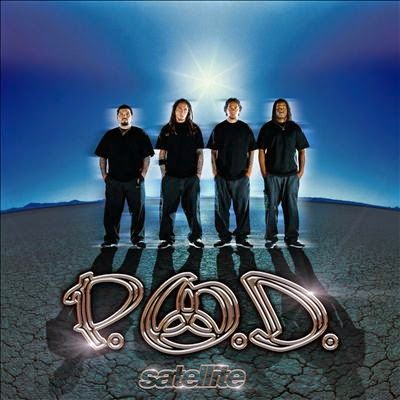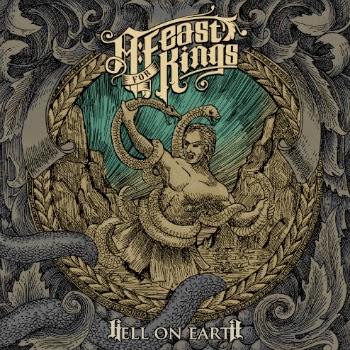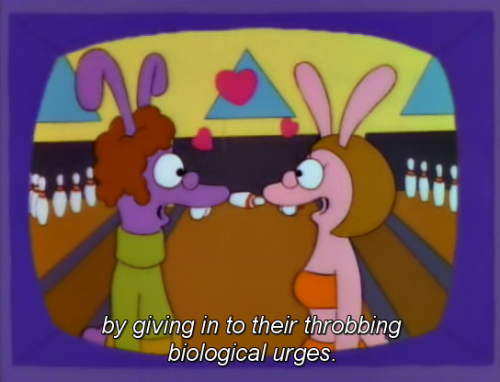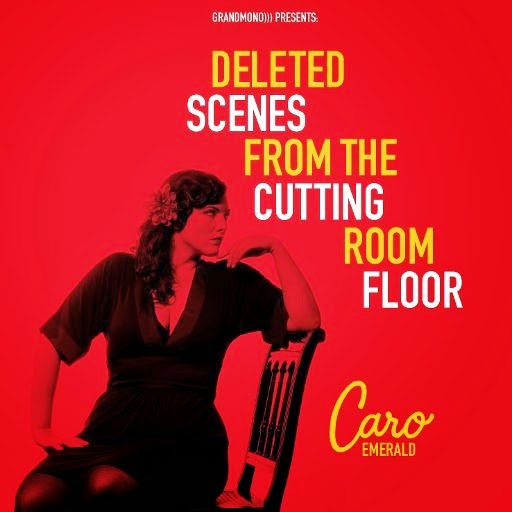Before we start this week’s IC2S Playlist update, I have a bit of timely good news. Last...
Month: May 2015
This weekend, I stumbled upon a news article that absolutely floored me. It was called “Why Christians...
A bit of a post-script on my last post, regarding Mad Max and feminism: I was actually...
MINOR UPDATE: So it has come to my attention that this whole “controversy” started because of one...
So if you live in Ontario like me, then you have probably heard that there’s a bit...
Welcome back for another IC2S Playlist update! We’re now 9 songs in, clocking in at 53 minutes,...
Another week, another IC2S Playlist update! It was pretty hard to narrow down what I wanted to...
Gender relations return, with a vengeance! The core basis of this post has literally been sitting in...
I consider this blog to be one largely about current events and popular culture, but occasionally I...








